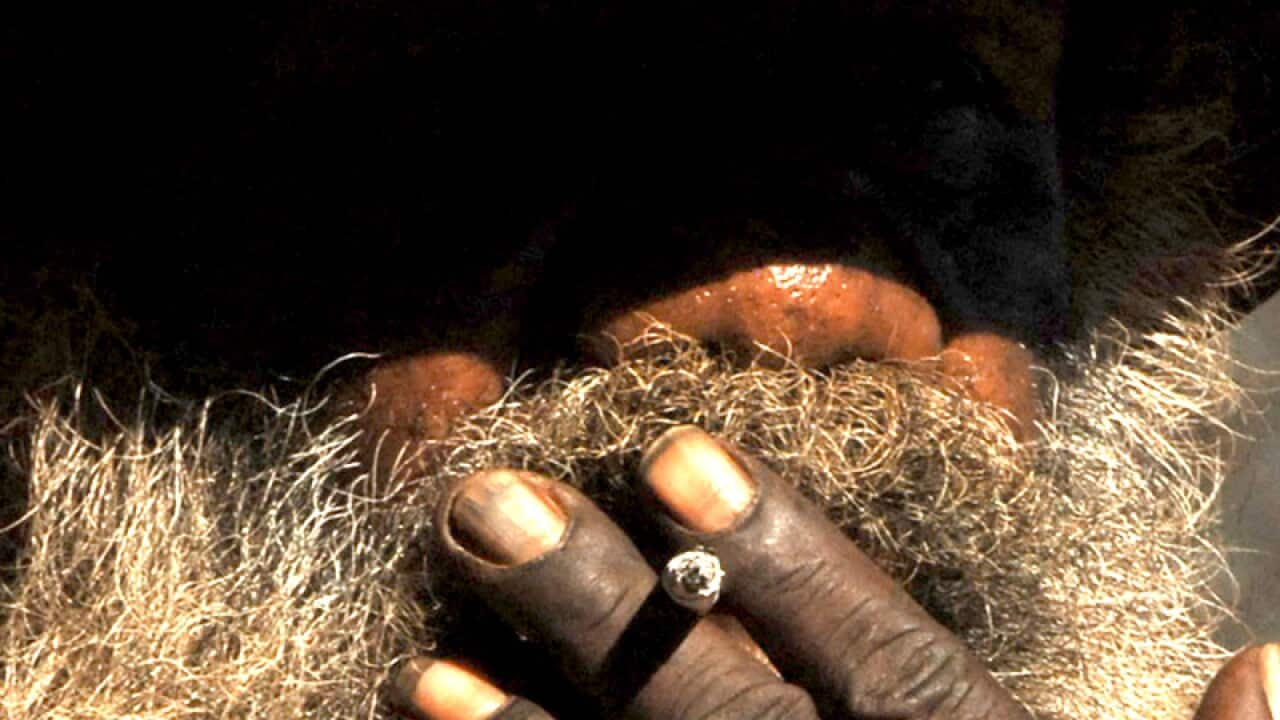Children exposed to tobacco smoke before birth are at increased risk of “”, which causes hearing loss, learning problems and behavioural problems. They are also at greater risk of asthma and in childhood, and chronic lung disease in adulthood.
Children born to mothers who smoke are . Some try smoking as young as five years old.
Indigenous women are well aware of the risks of smoking for their babies, and about it, but need support. 1. Problem: No economical access to nicotine replacement therapy
1. Problem: No economical access to nicotine replacement therapy

Consumers have to pay around A$800 for a 90-day course of an inhaler. Source: Supplied, The Conversation
recommend if a woman cannot quit smoking during pregnancy or when breastfeeding, she should be offered oral forms of nicotine replacement therapy, such as inhalers or lozenges. These are than nicotine patches and should be considered the first-line treatment.
Patches are listed on the Pharmaceutical Benefit Scheme, but oral inhalers, lozenges, gum and nicotine spray are not listed or subsidised. These options are expensive when bought in retail outlets. A full, 12-week course costs hundreds of dollars.
Solution: To include nicotine replacement inhalers or lozenges on the Pharmaceutical Benefit Scheme.
MORE ON THE ISSUE
2. Problem: Insufficient health professional training
A recent survey of 378 Australian GPs and obstetricians found few practitioners confidently prescribe nicotine replacement therapies to pregnant women:
88% of respondents said nicotine replacement therapies were safer than smoking
66% considered nicotine replacement therapies moderately to highly effective
11% always prescribed nicotine replacement therapies to a pregnant smoker
63% agreed management would improve if oral nicotine replacement therapies were on the Pharmaceutical Benefit Scheme
78% agreed further training was required.
showed some health workers did not consider it ‘worthwhile’ offering quit advice to Indigenous pregnant women, due to low success rates.
Solution: Developing an evidence-based intervention for smoking cessation for Indigenous pregnant women. The Indigenous Counselling and Nicotine (ICAN) Quit in Pregnancy program will use an :
Ask/assess smoking
Brief advice to quit
Cessation (quit) methods (nicotine replacement therapies, which will be provided at no charge)
“D” is crucial to effectively supporting a pregnant Indigenous smoker to quit.
RELATED CONTENT
3. Problem: Need for new health promotion messages
Many Indigenous women face difficult life circumstances, coupled with social norms of smoking. Health promotion programs and messages and focus on key messages:
Increasing the visibility of harm for babies
Addressing the importance of quitting rather than just “cutting down”
Reassuring that stress will decrease once nicotine withdrawal is controlled
Offering high-quality support
Solution: Health promotion programs should be delivered to women through targeted print and video media when they visit the doctor.
Disclosure Statement: Gillian Sandra Gould receives funding from NHMRC, CINSW, Hunter Cancer Research Alliance, University of Newcastle, Royal Australian College of General Practitioners (RACGP) Foundation, Ministry of Health NSW, John Hunter Hospital Charitable Foundation. She is affiliated with the Australian Association of Smoking Cessation Professionals, the RACGP, the Australian Medical Acupuncture College, and Australasian Society for Behavioural Health and Medicine.



